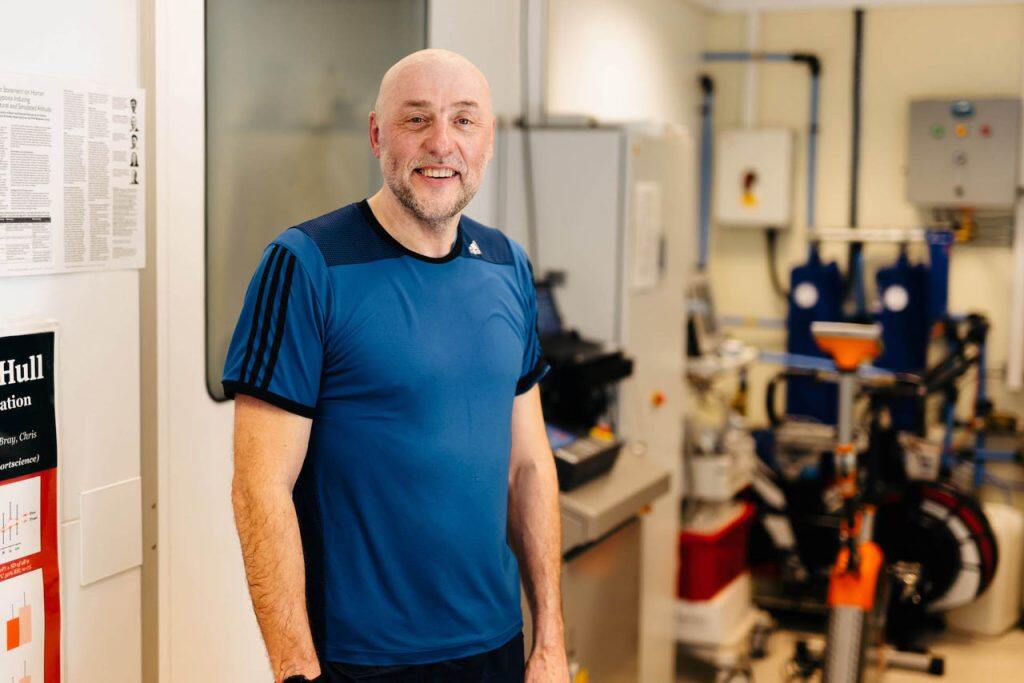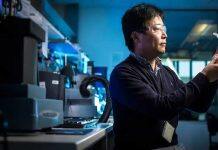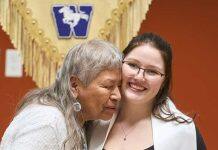The University of Hull has helped three athletes prepare for the toughest foot race on the planet.


The Marathon Des Sables takes place over six days – and 150 miles – in the heart of the Sahara Desert in North Africa.
Taking in sand dunes and rocky mountainous terrain, the ultra-endurance event is widely considered to the hardest an athlete can face.
The University of Hull supported three athletes in their training for this year’s Marathon Des Sables – taking place currently in Morocco.
The athletes used the University’s Environmental Chamber – which can recreate temperatures ranging from -20 degrees Celsius to 50 degrees Celsius, and humidity as high as 90%.
Timothy Duckett, who is competing in this year’s event, said: “Working with the team at the University of Hull has helped me enormously in my preparation for the Marathon Des Sables.
“The team has provided me with data points – I would not know what my internal temperature was. They have been taking start and finish blood samples after I have been in the Environmental Chamber, which gives me an idea of where my oxygen levels are with red blood cells.
“Having access to the Environmental Chamber, and the team at the University, has been absolutely invaluable.”
The University’s Environmental Chamber is one of very few in the country large enough to accommodate a whole sports team – not just one individual athlete.
The Chamber can control temperature from minus 20 to 50 degrees Celsius, relative humidity between 10 and 90%, and it can simulate altitude up to 4500m (15,000 ft) – equivalent to ~12% O2.
It contains a motorised treadmill and other equipment designed to measure core body temperature and cardiorespiratory function in response to exercise, temperature (and humidity) and altitude respectively.
Dr Andrew Garrett, Senior Lecturer in Exercise and Environmental Physiology at the University of Hull, said: “Our Environmental Chamber has helped the Marathon Des Sables competitors prepare for the hot and humid conditions of the Sahara Desert.
“The Chamber is also used by students on our Sport & Exercise Science course. Our degree courses are practical and applied, but they are also underpinned by strong scientific theory.
“Experience working with, and using, the Environmental Chamber is something our students can take with them into their working careers.”







































